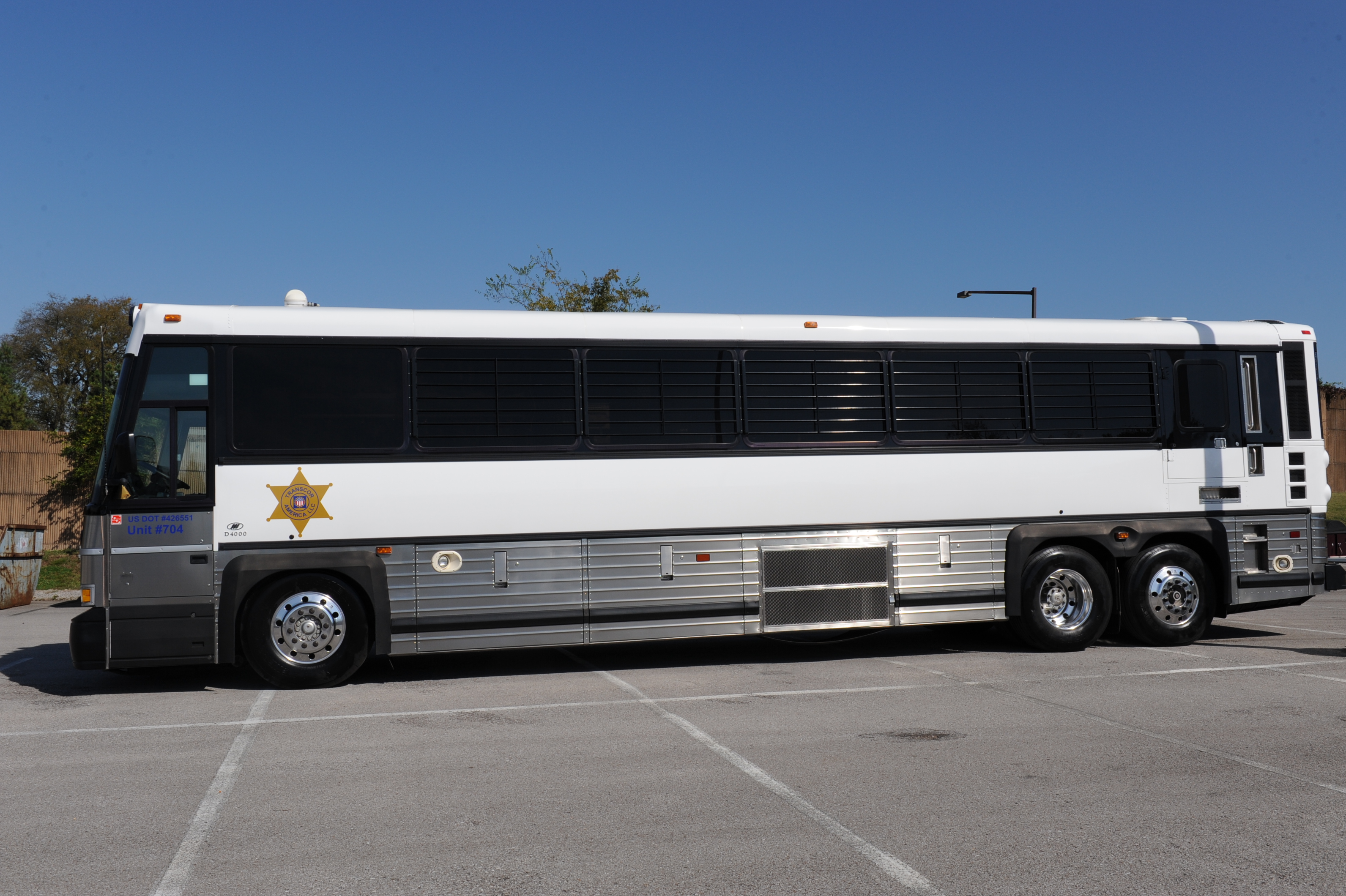
When you think about the world of corrections, you may not account for how incarcerated individuals must be safely transported to and from facilities, depending on the circumstances. Safe transportation is critical to both correctional professionals as well as incarcerated individuals.
While correctional transportation can come with some challenges, TransCor employees are up to the task. TransCor, a subsidiary organization of CoreCivic, provides safe and humane transfers of those entrusted in CoreCivic's care through both air and ground transportation. Since TransCor's founding in 1990, its fleet has covered more than 40 million miles. In 2023 alone, TransCor staff logged approximately 2.7 million miles of transportation by air or ground.
In fact, TransCor recently undertook a cross-country transport, which comprised of two 1,200-mile journeys taking two full days to complete.
With transports of this size and distance, preparation is crucial. TransCor's operations leaders work with CoreCivic's government partners, medical teams, operations staff, as well as with local law enforcement.
"Communication is key to success," said Charles Westbrook, operations director at TransCor. "You have to communicate. I believe that's one of the biggest things. If you don't communicate with each other, with our staff out in the field, with us in the office, things can go awry."
In addition to communication, Anthony Minnigan, transportation supervisor at TransCor, shares that training and planning are additional components needed to succeed.
"The field offices are doing monthly training. Whether it be training with ICE, U.S. Marshals Service, or the Federal Bureau of Prisons, they're training on a monthly basis," said Minnigan.
During a transport mission, there are several variables in which staff must be prepared to respond, including potential medical issues, unexpected traffic, and weather. Westbrook said that with this recent cross-country transport, weather was a concern.
"Snow and ice were on the ground. We had to drive two hours to the facility and two hours back to the airport," said Westbrook.
Nevertheless, rigorous planning and constant communication helped the transport go smoothly despite the weather conditions.
Before both long- and short-distance transfers, TransCor staff undergo training so they are prepared for any situation that may arise. A major part of this training involves treating residents with utmost respect.
"I've been doing this for 25 years," Westbrook said. "When I started out in the field back in '98, I found one of the biggest and greatest tools I have is treating people with respect. Regardless of where they come from or what they did, we have nothing to do with that, so we train our staff to treat people with respect."
Minnigan believes learning how to properly respect the individuals he is transporting is part of the reason he is so proud of what he does.
"The satisfaction is—using a recent transport example—at the conclusion the inmates were getting off the plane and they said, 'Thank you.' I said, 'For what?' and they said this is the first time they were treated with respect [during a move]," said Minnigan. "For me, that made me feel good to know that we didn't do anything out of the ordinary, we just treated them with dignity and respect because they're human beings."
TransCor is preparing for more missions in 2024. Each transport has an emphasis on safety and security, and thanks to the unwavering dedication from staff members: success.
